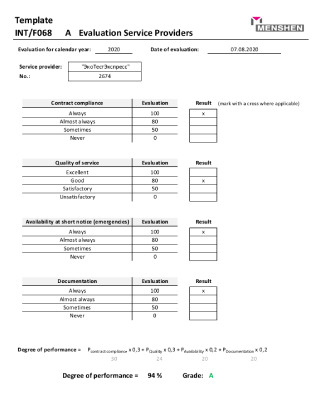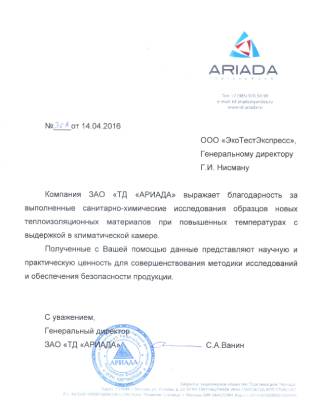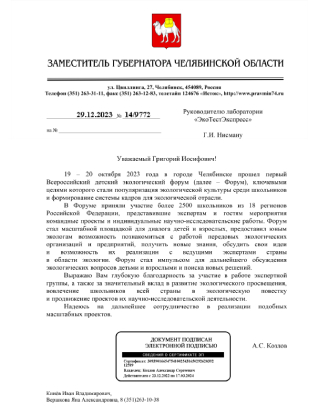Pinco üzerinde Bu ay Şimdiki En Güncel ve Adrenalin dolu 5 Makinesi
- Tanıtım
- Birinci Elemental Zenginlikler
- İkincisi Orman Gücü: Totem Koşusu
- 3 Neon Inferno Deluxe
- 4 Sihirli Altın Yazmalar
- 5. Turbo Fruits 5X
- Yeni Slot oyunlarının Değerlendirme Tablosu
Yeni gelen Slotlarla birlikte Zevkin Tavanı: Pinco sitesinde Başla
Tüm ayın sonunda yenilenen verilerle, Pinco online ortamı bir adım önde olmayı beceriyor. Bu ay da katılımcılarını mutlu edecek tam beş yeni slot uygulamada hazırlandı. Bahsi geçen slotlar tek başına heyecan değil, ek olarak büyük kazançlar da vadediyor. Şayet pinco kayıt kaydını gerçekleştirdiyseniz ve pinco kurulumu bağlantısıyla telefon uygulamasını cihazınıza indirdiyseniz, bu oyunları hemen oynamaya imkanınız var. Bu ayki makineler, konseptleri, özel efektleri ve jackpot potansiyeliyle dikkat çekiyor. Pinco kurulumu özelliğiyle basit şekilde başlatılan bu sistem, herkesin anlayabileceği arayüz tasarımı yardımıyla tüm seviyelerdeki katılımcıya uygun. Slot severler için Temmuz’da tam bir eğlence mevcut!
1. Elemental Riches – 4 Doğa unsurunun Kuvvetiyle Çevir
Elemental tasarımlı bahsi geçen nadir slot oyunu, yangın, yağmur, hava ve toprak işaretleriyle kuvvetleniyor. Vahşi göstergelerinin değişken yapısı ve serbest döndürme özellikleri sayesinde yüksek gelir imkanı sunuyor. 5×4’lük ızgarası ve 40 ödeme hattıyla alışılmış oyunlardan sıyrılıyor. Deneyim, animasyonları ve hareketli işitsel sunumuyla tam anlamıyla bir şölen sağlıyor. Pinco türkiye giriş üzerinden slot oyununa hemen katılabilir, dört elementin ortaklaştığı merkezde büyük ödüller sahip olabilirsiniz. Bu slotun RTP oranı %96,8 ile son derece yüksek seviyede. Bütün çevirme oyuncuyu doğasal kuvvete bir adım daha yakınlaştırıyor.
2. Jungle Power: Totem Rush – Yabanın Kalbinde Serüven
Yeşilliğin en uç noktasında yaşanan söz konusu heyecan verici makine, totem motifleri ve zincirleme çarpan mekanizmasıyla katılımcıları cezbediyor. Orman Gücünde tüm isabetli çizgi sürpriz fırsatlarla beliriyor. Ödül turu esnasında semboller www.arthurbugler.com büyüyor ve katlayıcılar çoğalıyor. Pinco’ya güven olur mu sorusu aklınıza takılıyorsa, yetkili ve emniyet protokolleriyle korunan uygulama, bu tip platformlarda netlik veriyor. Bu deneyim mobilde ve masaüstünde kusursuz ilerliyor. Deneyimli katılımcıların tercihi potansiyelinde olan bu oyun, pinco Türkiye kullanıcıları nezdinde fazlasıyla sevildi.
Numara üç Neon Inferno Deluxe – Vintage Görselliği Baştan Gözler önüne seriyor
Seksenlerin parlak atmosferine macera hazırlanmaya hazır olun! Bu slot, retro severler için göz alıcı bir deneyim oluştururken, bonus ikonu ve çoklayıcılarla getiriyi zirveye taşıyor. zigzag düzenindeki farklı tasarımı, her çeviride çeşitli kazanç kombinasyonları getiriyor. Pinco yükleme dosyası vasıtasıyla slotu cep telefonunda hatasız deneyimleyebilir, nerede olursanız olun retro ışıklarıyla zevk alabilirsiniz. Slotun oyun riski karışık düzeyde olup, aynı anda deneyimsizlere hem de risk seven oyunculara uygun. Ödül modunda aktif olan canlı semboller kazanç getirebilir.
Dördüncü Mystic Gold Scrolls – Eski Gizemler ve Dev Servetler
Geçmiş çağların hikâyeler ve gizemli metinler ortasında geçen oyun, bonus oyunları ve yayılmalı wild özellikleriyle büyüleyici bir dünya hazırlıyor. beş satır üç sütun düzeni ve 20 adet ödeme hattıyla anlaşılır bir tarz sunarken, sanatsal çizgisi kullanıcıları eski tapınaklara götürüyor. Pinco para çekme prosedürüyle elde ettiğiniz ödüllerinizi sorunsuzca bakiyenize çekebilirsiniz. Makine içinde ortaya çıkan parlak metinler ekstra kazançlar sunarken, üç veya daha fazla scatter ile ücretsiz çevirilerin kapıları aralanıyor. Pinco hukuki mi merakınıza karşılık: Tabii ki, MGA lisansı ile tam koruma ile.
Numara beş Hızlı Meyve 5X – Eski usul Meyve sembolleriyle Yeni nesil Ödül
Geleneksel meyveli sembolleri süratli oynanış dinamiğiyle senkronize eden bu slot, her seviyeden gamer’a hitap eden bir formata sahiptir. Hızlı modda çevirme süreleri hızlanıyor ve ödüller artıyor. 5 dönme noktası ve on çizgiyle sade ama çarpıcı bir oyun getiriyor. Pinco TR erişim ile oturum açtıktan sonra bu oyunu hızlıca keşfedebilir, pinco indir ile aygıtınıza yükleyerek dilediğiniz anda katılımcı olabilirsiniz. Oyun içi bonus özelliğiyle her 20 çeviride beklenmedik ödüller karşınıza çıkıyor. Retro tarzı meyve oyunlarının güncel varyantı olan bu slot, basitliğiyle etkiliyor.
Taze Slot seçeneklerinin Kıyaslama Grafiği
| Oyun İsmi | Tarz | Ödeme Hattı | RTP (%) | Risk Düzeyi |
|---|---|---|---|---|
| Doğasal Servetler | Doğasal | tam 40 | 96.8 | Yüksek-Orta |
| Totem Rush | Orman | 25 adet | yüzde 96.4 | Riskli |
| Neon Alevleri | Retro | 50 adet | %97.1 | Orta-Yüksek |
| Altın Yazmalar | Antik | 20 çizgi | yüzde 95.9 | Orta |
| Turbo Meyve 5X | Meyve | tam 10 | 96,5 | Düşük-Orta |



















